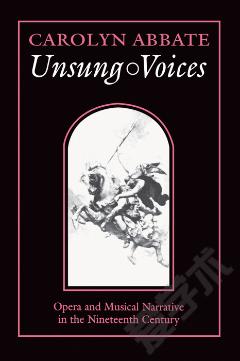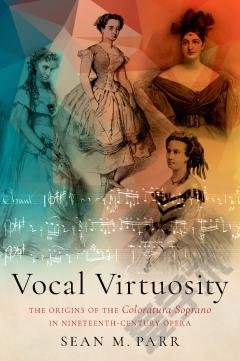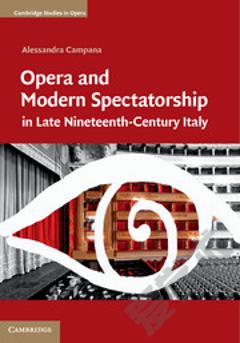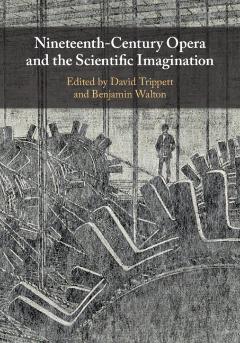Unsung Voices —— Opera and Musical Narrative in the Nineteenth Century
----- 无名之声:十九世纪的歌剧和音乐叙事
Who "speaks" to us in The Sorcerer's Apprentice, in Wagner's operas, in a Mahler symphony? In asking this question, Carolyn Abbate opens nineteenth-century operas and instrumental works to new interpretations as she explores the voices projected by music. The nineteenth-century metaphor of music that "sings" is thus reanimated in a new context, and Abbate proposes interpretive strategies that "de-center" music criticism, that seek the polyphony and dialogism of music, and that celebrate musical gestures often marginalized by conventional music analysis.Who "speaks" to us in The Sorcerer's Apprentice, in Wagner's operas, in a Mahler symphony? In asking this question, Carolyn Abbate opens nineteenth-century operas and instrumental works to new interpretations as she explores the voices projected by music. The nineteenth-century metaphor of music that "sings" is thus reanimated in a new context, and Abbate proposes interpretive strategies that "de-center" music criticism, that seek the polyphony and dialogism of music, and that celebrate musical gestures often marginalized by conventional music analysis.
{{comment.content}}








 京公网安备 11010802027623号
京公网安备 11010802027623号